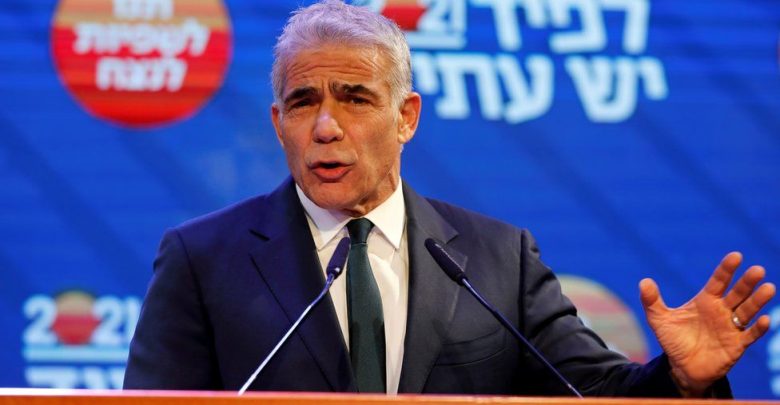InternationalNews
Israel election: Netanyahu falls short of majority in exit polls

Israeli Prime Minister Benjamin Netanyahu might not be able to secure enough seats to form a new government, election exit polls suggest.
Forecasts put Mr Netanyahu’s Likud party and its allies at least seven seats short of the 61 threshold in the 120-seat parliament.
Parties opposed to the prime minister staying in office look set to win 60.
Mr Netanyahu – Israel’s longest-serving leader – has vowed to form a right-wing government led by his Likud party.
A smaller right-wing party, Yamina, led by former Netanyahu loyalist Naftali Bennett, is forecast to win seven seats, but has not explicitly declared which side it will support.
He added that he had told Mr Netanyahu that Yamina would await the final results before deciding on its next steps.
Israel’s Central Elections Committee does not expect all of the votes to be counted before Wednesday afternoon due to coronavirus-related restrictions.
Mr Netanyahu thanked his supporters in a tweet late on Tuesday. “You gave a huge win to the right and Likud under my leadership. Likud is the biggest party by far.”
“It’s clear most Israelis are right-wing, and want a strong, stable right-wing government,” he added.
Meanwhile the main opposition leader Yair Lapid, whose centrist Yesh Atid party is projected to win between 16 and 18 seats in the Knesset, said he was “proud” of his party’s “enormous” achievement.
“I have already begun this evening to hold talks with some of the leaders of the bloc for change and will continue in the next few days,” he said, adding that he would “do everything possible to establish a sane government in the State of Israel”.
Just over 67.2% of those eligible cast their ballots in the election, which was widely seen as a referendum on Mr Netanyahu’s leadership.
The 71-year-old prime minister has been in power continuously since 2009, having served an earlier three-year term in the late 1990s.
His campaign focused on Israel’s world-leading Covid-19 vaccination programme and his diplomatic success in normalising ties with some Arab countries.
But his opponents from across the political spectrum argued that he should not remain in office while standing trial on corruption charges. He denies any wrongdoing.
After the previous three elections neither Mr Netanyahu nor his rivals were able to form a stable governing coalition.
The current national unity government, which was the result of a power-sharing deal with Defence Minister Benny Gantz, collapsed in December after just seven months.
Mr Gantz, whose Blue and White party is projected by the exit polls to win seven seats, said on Tuesday that he would “do everything I can to unite the pro-change bloc” – a reference to those wanting a new prime minister.
If negotiations to form a government fail again, it could force a fifth election.
Source:Fiilafmonline/BBC


